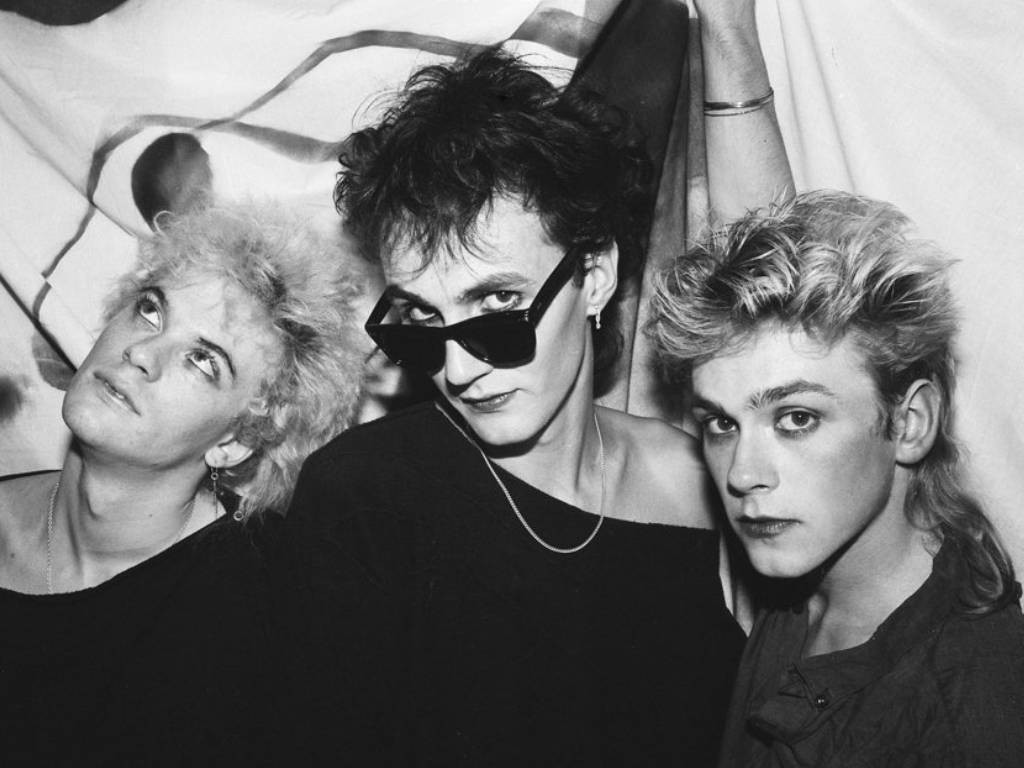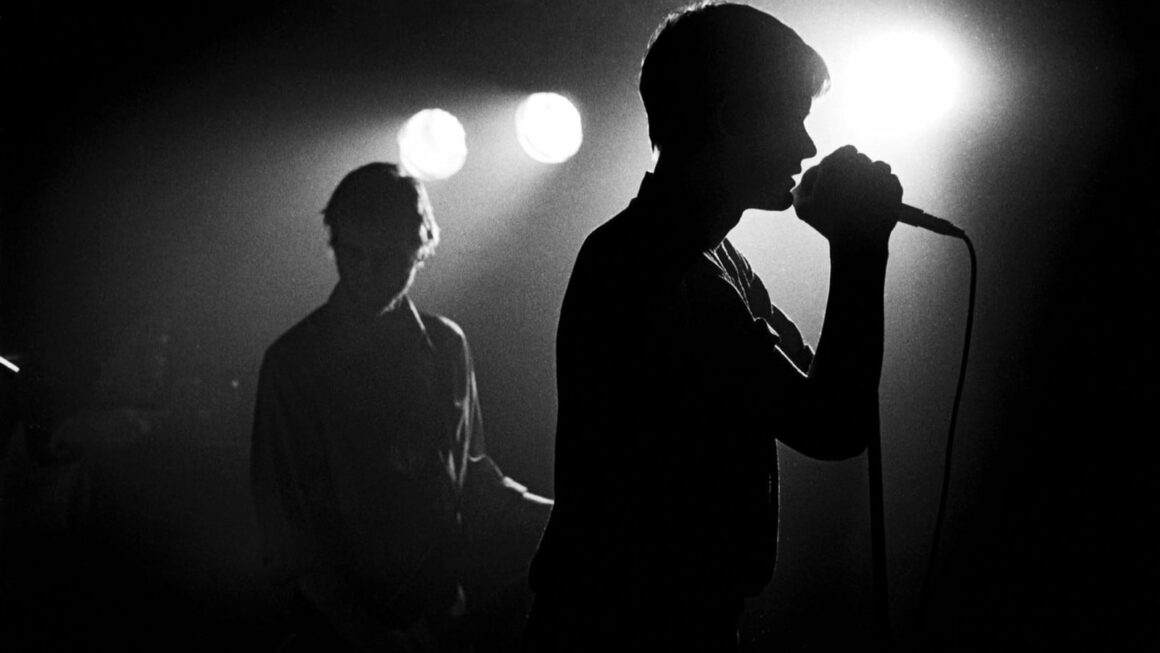
Underrated Bands: The Bolshoi
How Trevor Tanner & Co. hit the perfect sweet spot between goth and horror and brought sharp irony to the British life of the 80s.
Nobody can deny that The Bolshoi are underrated. To this day, there is even a Facebook group that announces them as “the best band nobody’s ever heard of”. So, despite the fact that these underground credentials have garnered them a loyal fanbase, they do remain relatively under the radar.
It’s not well known that The Bolshoi have rubbed shoulders with Peter Murphy from Bauhaus. They also fraternised with similarly underground bands such as The Cult, Wall of Voodoo, and the March Violets. Boldly, they abandoned the schlocky horror of certain goth acts for a name that comes from the famous Russian ballet. In fact, a quick Google search brings up Swan Lake before it finds Trevor Tanner. Eeriness is nevertheless still present. Their first album, Giants, saw them play with almost acoustic-sounding, high, jangly strings, creating a haunting atmosphere using an uncommon medium.
However, one upside of their lack of media attention is they have never been mass market. Frontman Trevor Tanner created an intellectual, underground social consciousness with topics such as book burning to entitle their songs. Still, songs often deviate from titles to become vignettes of everyday life. There is a vague sense of geopolitics hanging behind their work too – taking the horror of the unknown and world events before anything supernatural.
At first, The Bolshoi seem more likely to film an arthouse movie in a hotel room. Gritty aesthetics within some of their videos show occasionally unflattering snapshots of eighties life. These lie in stark contrast to the connotations of their name and the grandeur it suggests. As a result, their entire composition brings sharp irony to everyday aspects of British life at the same time as underground music documented a changing economy.
So, how have The Bolshoi crafted this image? For other bands, the era saw fantasy and sci-fi landscapes replete with black latex suits, leather, and vinyl. In contrast, Tanner and co. were almost ordinary. Videos show the television sets, sofas, and other accoutrements and paraphernalia of a country in flux. However, more lies below the surface. Songs like “Waspy” use everyday scenarios to create a chilling sense of unease. Here, as the narrator describes keeping the eponymous insect in a jar, the underbelly of seemingly normal suburban life is uncovered more eerily than in any horror movie. Ever versatile, the band also covered Jimi Hendrix’s “Crosstown Traffic”, which showed how no rock idol was too godly to be spared musical sacrilege or reinvention.
After the release of their debut, Giants, their work became a lot more mainstream. Nevertheless, they hit a sweet spot between goth and horror, spinning the unerring normality of suburbia to create something which forces deeper consideration. The Bolshoi rode this wave of finding their true fans with their single “A Way”, which gained traction on college radio stations. To the band’s delight, it also became a hit in dance clubs and was released as a remixed version on Something Wild later on.
Lindy’s Party, the band’s second album, was indeed much more commercial. Yet, perhaps getting rid of the darkness and the wry, ironic way Trevor Tanner looked at British life, meant that the band was no longer having fun. In fact, they broke up shortly after. Although after a stint in Seattle, Tanner did make something of a comeback with his solo work, via Emperor Penguin Recordings, ultimately they had finalised a small but powerful legacy. Their label, Beggars Banquet, housed many larger bands, but the Bolshoi deserve a place of honour as one which gave it the right atmosphere to become a hotspot for New Wave innovation.
In the end, The Bolshoi’s short-lived yet distinctive career contained a silver lining. Part of the band’s lack of recognition by the mainstream music media has actually gained them quite a proud fanbase who is willing to promote them because of this very fact. In proof of this, a reunion tour of the east coast of America, well after the turn of the century, turned out to be a resounding success. Loyal and devoted, their fans remain keen. Yet more evidence comes in the form of the 2015 compilation which saw the release of Country Life. This previously recorded album had remained hidden, distracted by breakups and creative difficulties.
Ultimately, The Bolshoi’s career shows even at the most unknown level, that bands go through the same trials as their mainstream counterparts. It’s a prime example of how, without the pressures of fame, the most distinctive songwriting develops. Something sacrificed for radio-friendliness. In this way at least, it’s a blessing The Bolshoi broke up early enough to retain their underground credentials.
Featured Image by Stephen Swain









